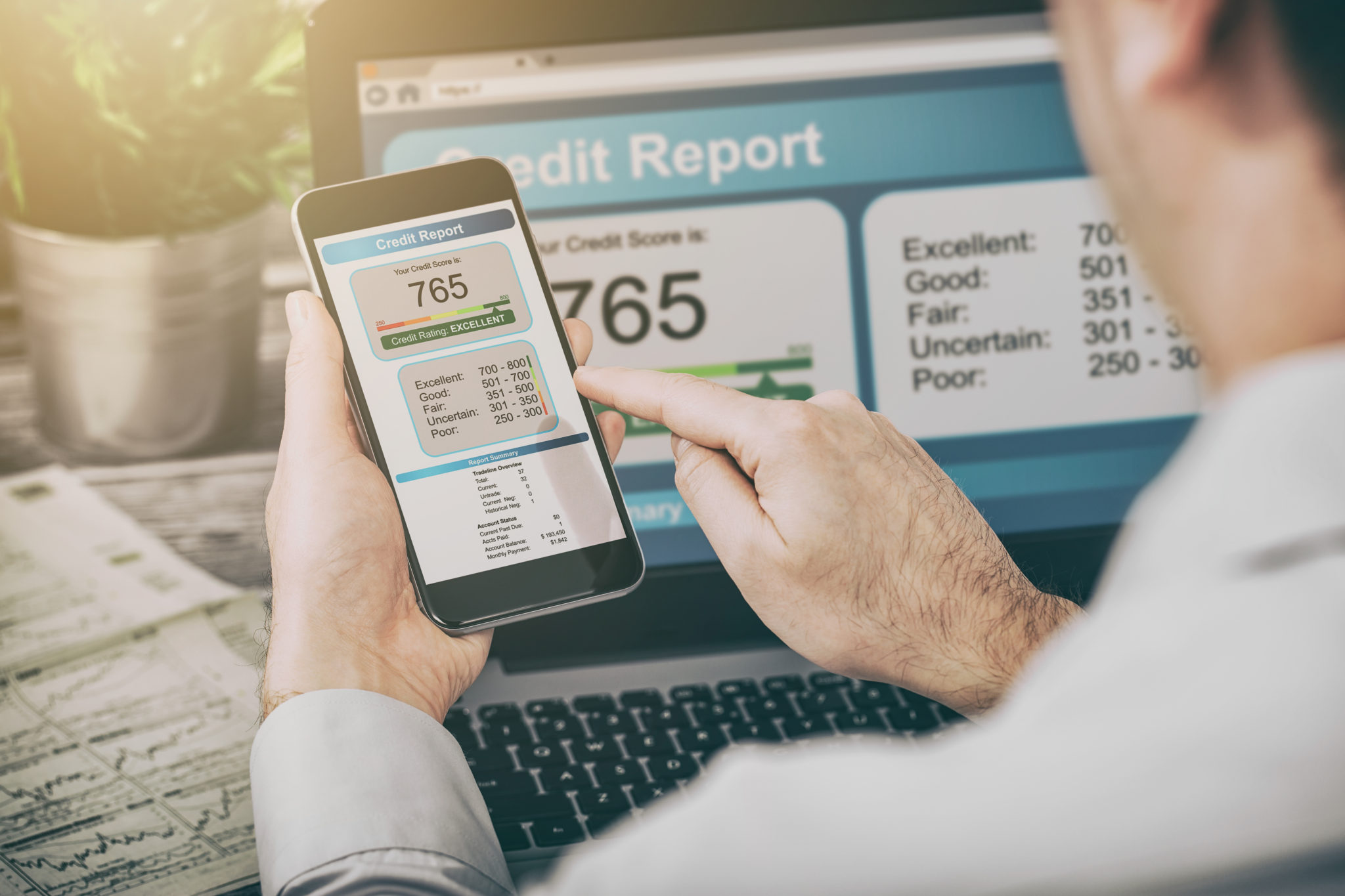Your credit score is the first thing lenders or credit card issuers are going to look at to determine your credit reputation. A credit score is essentially a track record of your credit history. Having a low credit score could keep you from financial opportunities such as getting approved for a mortgage, apartment or credit card.
If you have a low credit score, you’re not alone. Maybe you had some medical debt, opened a credit card before you knew how to manage money, or you ran into a financial roadblock at some point in your life. Whatever the reason, it’s never too late to rebuild your credit.
Rebuilding your credit can open you up to more opportunities and help you get a leg-up financially. It may be difficult if you’re starting from scratch, but it’s not impossible.
Here are 5 ways that you can begin rebuilding your credit:
Pay on time
Your payment history is the biggest factor of your credit score. If you want to see an improvement in your score, make sure you’re paying bills on time each month. You can’t afford a late payment mark on your credit report when you’re rebuilding credit.
Late payments stay on your credit reports for up to 7.5 years, so they take a lot of time to come back from.
Paying only the minimum each month is okay if that’s all you can manage—though it’s always best to pay off as much as you can afford. This will help your credit score too in the long run.
And if you have bills that have been sent to collections—focus on the open account ones first. Collectors may haggle you the most, but they shouldn’t be your top priority when rebuilding your credit score.
Don’t use all your credit limit (In fact, don’t use most!)
Credit utilization refers to the percentage of your credit limit being used. This also has a huge effect on your credit score.
Most financial experts recommend using no more than 30% of your credit limit on any card—though the lower the usage, the better. The great part about low credit utilization is that you’ll see instant results on your credit score. Your score will also not be hurt by past high credit utilization once you’ve lowered your balances.
Get a secured credit card
If you’re building credit from scratch, this could be a good option. A secured credit card is for anyone whose accounts may all be closed and needs to start over credit-wise. A secured credit card will require a deposit up front—which will likely serve as your credit limit. From there the secured credit card will work the same as any other credit card would.
Get a credit-builder loan
A credit-builder loan has the sole purpose of helping you rebuild your credit. These loans are typically available through a bank or credit union and are a good tool for fixing your credit.
To secure a credit-builder loan, you’ll need to be a member of the bank or credit union. You’ll also have to show proof of income and that you’re able to repay the loan.
As you repay the loan, the lender will hold onto your money. Once the loan is repaid in full, the money is released back to you. The payments will be reported to the credit bureau and reflected on your credit score—so it’s essential that you don’t miss a payment. This would only damage your score further.
Get a co-signer
If you haven’t been able to secure a loan or any other type of credit, using a co-signer could be your last resort. A co-signer is someone in good financial standing who will sign and essentially vouch for you to receive credit or a loan.
This co-signer will be someone who trusts you to pay back the loan—because if you don’t, their financial reputation will be ruined as well. Proceed with caution when choosing to use a co-signer. Failure to pay a loan or balance that’s been co-signed could ruin your relationship with the co-signer.
[offerpromo]











